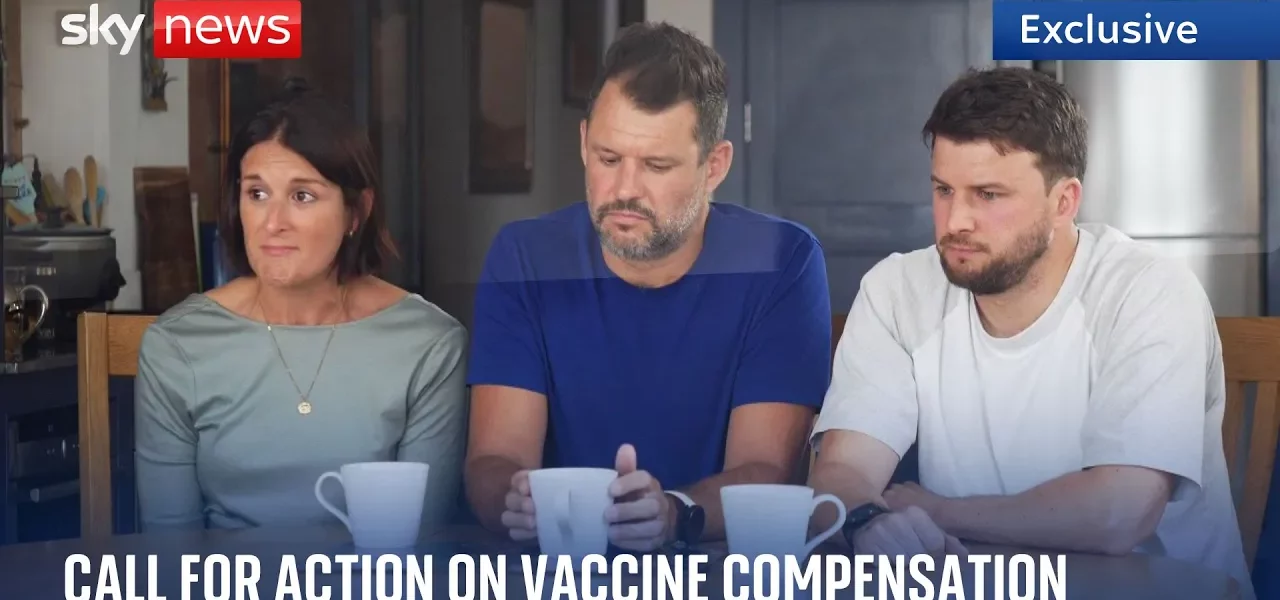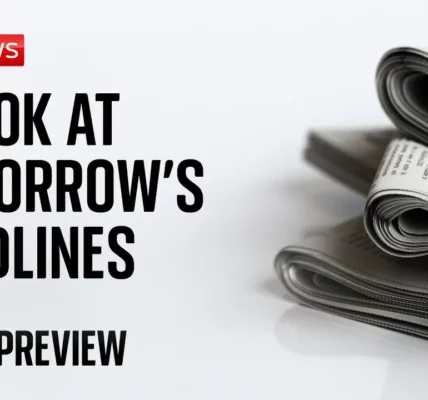The Tragic Story of an NHS Pharmacist’s Struggle After COVID Vaccine Complications

This article delves into the heartbreaking case of John Cross, an NHS pharmacist who faced life-altering complications after receiving a COVID-19 vaccine. His family’s fight for justice highlights the urgent need for reform in the government’s vaccine damage compensation scheme.
Introduction
John Cross, a dedicated NHS pharmacist, experienced a catastrophic reaction to a COVID-19 vaccine, which led to severe neurological complications and ultimately, his tragic death. His story underscores the pressing need for reforms in the government’s vaccine damage compensation scheme, which many believe is inadequate and fails to address the complexities of vaccine-related health issues. This article will explore the details of Cross’s experience, the reaction of his family, and the broader implications for the compensation system in place for vaccine damage.
The Impact of the COVID Vaccine on John Cross
John Cross’s life changed dramatically after receiving the COVID vaccine. Initially, like many, he believed in the importance of vaccination as a means to combat the pandemic. However, he soon found himself facing severe health challenges.
Severe Complications
Following his vaccination, Cross developed a rare neurological condition that left him hospitalized for seven months. Here are some key points regarding his health complications:
- Extended hospitalization, during which he was ventilated for three weeks.
- Permanent pain and numbness affecting his daily life.
- Multiple relapses requiring ongoing medical treatment.
Family’s Struggle for Compensation
After enduring such a traumatic health ordeal, Cross’s family sought compensation through the government’s vaccine damage payment scheme. Unfortunately, their experience revealed significant shortcomings in the system.
Rejection of Claims
Despite the medical assessor acknowledging that the vaccine caused Cross’s neurological complications, his claim for compensation was denied. The reasoning was that he was not “disabled enough” according to the scheme’s criteria.
Emotional Toll on the Family
The rejection had a profound emotional impact on Cross and his family. They were deeply frustrated that the bureaucratic process failed to capture the severity of his situation:
- Cross’s family felt the application form was insufficient for detailing his traumatic experience.
- They reported feelings of anger and helplessness, knowing that he had already suffered so much.
The Call for Reform
In light of their experiences, Cross’s family is advocating for urgent reforms to the vaccine damage payment scheme. Their concerns reflect broader issues faced by many families affected by vaccine complications.
Need for Comprehensive Assessment
The current criteria for determining eligibility for compensation were established for different types of injuries, primarily those resulting from industrial accidents. The family argues that:
- The threshold of 60% disability is inappropriate for assessing complex health issues like those faced by Cross.
- A more nuanced understanding of vaccine-related injuries is required within the compensation framework.
Government’s Response
The Department of Health has stated that the ongoing COVID inquiry will consider potential reforms to the vaccine damage compensation scheme. However, the family expresses skepticism regarding the timeliness and effectiveness of these reforms.
Conclusion
The tragic story of John Cross serves as a crucial reminder of the human impact behind bureaucratic processes. His family’s plea for reform highlights the urgent need for the government to reassess the vaccine damage compensation scheme to ensure fairness and support for those affected by vaccine-related injuries. It is imperative that authorities listen to these experiences and take actionable steps to improve the system. If you or someone you know has been affected by similar issues, we encourage you to seek help and support.
Call to Action: For those affected by these issues, support is available through organizations like the Samaritans, who offer 24/7 assistance. Contact them at 116 123 or via email at [email protected].
“`




